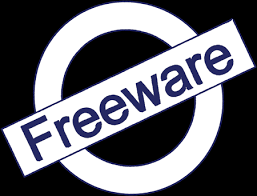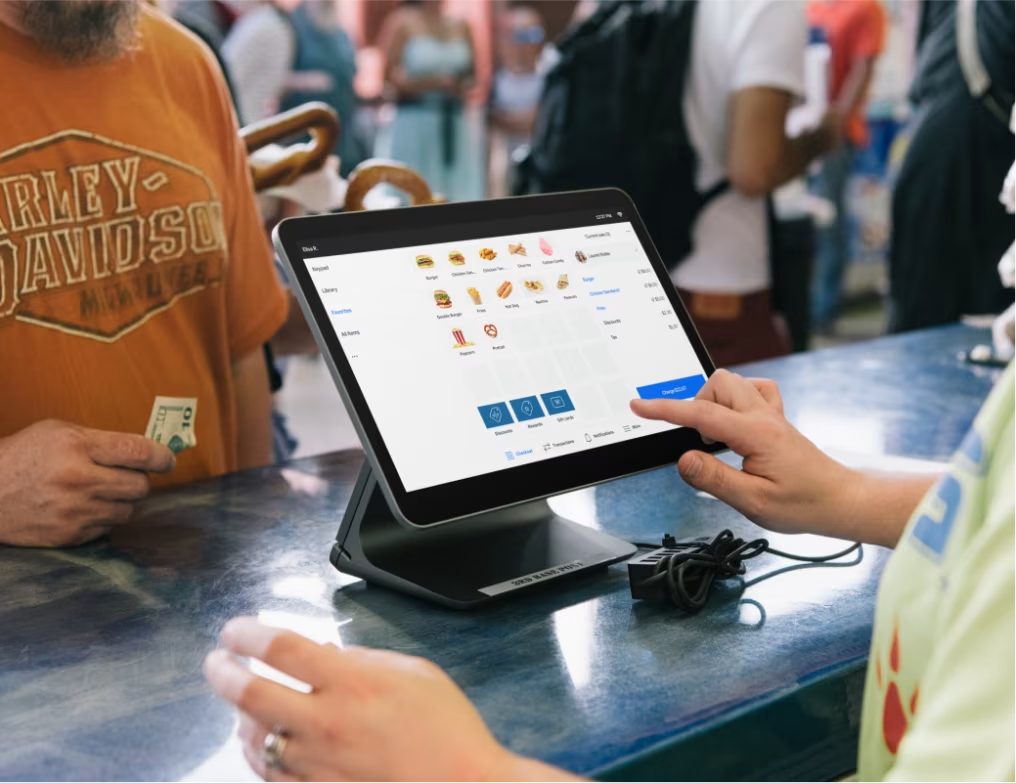Table of Contents
No, there is no such thing as a free POS system. Companies advertising this type of offering need to generate some sort of revenue to cover the cost of developing, supporting and advertising their POS system. As a buyer, it’s very important to understand what you are agreeing to when you purchase a free POS system – and how the POS system vendor will make money.
Here are some pointers:
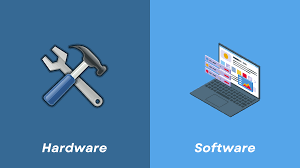
Is this POS Software or a POS System?
POS software and POS systems are not the same thing. POS software refers to the actual POS software program that will manage your business. In comparison, POS hardware is the physical electronics on which the POS software runs. This can include the computer and monitor or tablet device, cash drawer, barcode scanner and printers. It can also include the terminal device to process credit cards. A hardware package may be comprised of different combinations of these devices and accessories.
A POS system usually refers to the complete software and hardware package used for point of sale functions. You will be more likely to be offered free POS software than free POS hardware – as there is a true hard cost for POS hardware.
If the free POS system only includes the software, make sure that you understand any contracts or commitments for the hardware. Is the POS hardware overpriced? Are you locked into an onerous leasing fee?
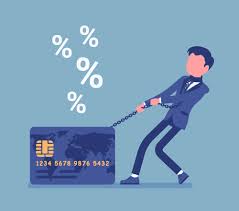
Watch out for High Processing Costs
The most common entity offering ‘free POS software’ are payment processors. Payment processors realized several years ago that they have greater leverage over merchants If their processing was bundled with a POS system than just a stand alone terminal. This is because its easier to swap out a stand alone payment terminal than move your retail store to a new POS system.
Payment processors are notorious for finding ways to slip fees into a merchant agreement. Be wary of ‘teaser rates’ and other transaction, network, security, risk, deposit or other monthly or annual fees added to your merchant statement. Some processors simply increase the price after the initial term of the agreement, knowing that it will be harder for you to switch out a POS system after you have been using it for a while.
Processors purposely make it hard to figure out how much of your processing costs are paid to the card brands (MC/Visa/DSC/Amex) and how much the processor retains as profit. Rather than try to figure out each line item, we recommend dividing the total fees listed in your statement by the total card volume – and then compare this to what they promised you when you signed up.
Cancellation Fees are Common with Free POS Systems
If hardware included in the free POS system, many providers require some sort of lease agreement. Before signing any agreement for a free POS system, be sure to understand the term of the agreement, termination fees or effective rates on any leases. A cancellation fee is not necessarily unfair to you – as the hardware does cost money. But be aware how a cancellation fee may lock you into a system that is expensive in other pays, such a overpriced payment processing.
Will an Inferior Free POS System Cost you More in Labor?
Free POS software is typically not as robust as quality paid POS software. Labor is a significant cost at retail stores. Given the hourly cost of labor, it only takes a couple hours of inefficient employee time caused by an inadequate free POS system to offset the savings of the free POSsystem. Be sure that the free system supports your workflow. If not, estimate the wasted time spent using a Free POS system to see if it’s really free after all.
Add Ons to a Free POS System can Add Up Quickly
Free POS systems are often simple ‘starter’ systems. To gain the features needed at your business, you may need to purchase paid add on. Free POS systems may have limits on transactions or number of products. When estimating the cost of a free POS system, be sure to include the cost of these paid add-ons.
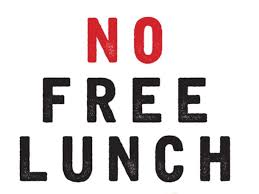
There is no Free Lunch with POS Systems
When deciding whether to select a free POS software system, be sure to keep in mind that a company that offers you something for “free” has to make up that expense somewhere. In the case of free POS systems, this is usually through higher processing costs, paid add on modules or services. Be sure to understand how the pos software vendor is making a return on their investment, and then compare this to other paid alternatives.

